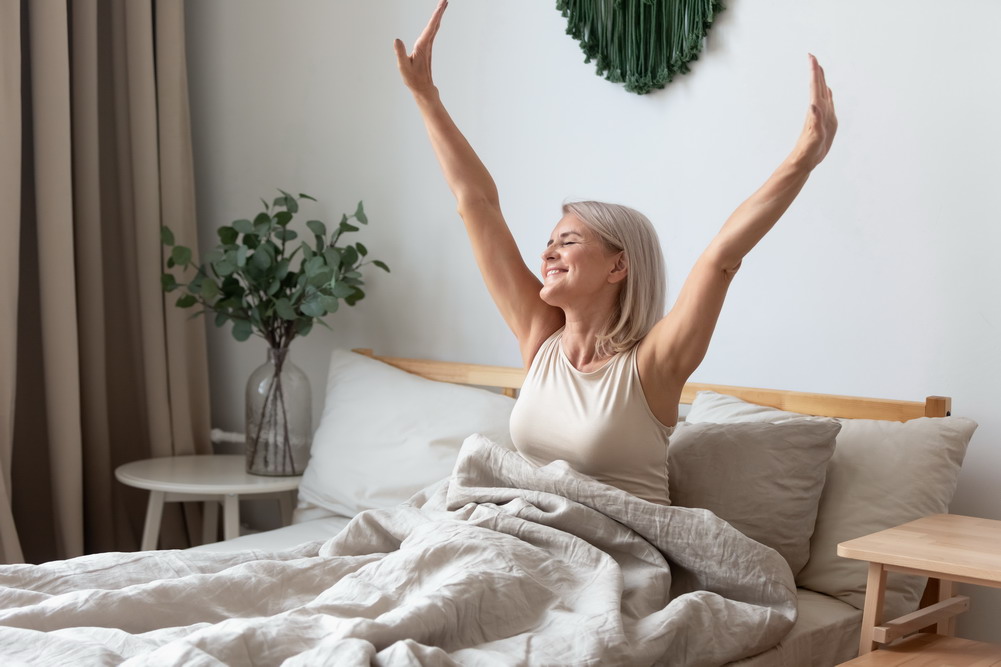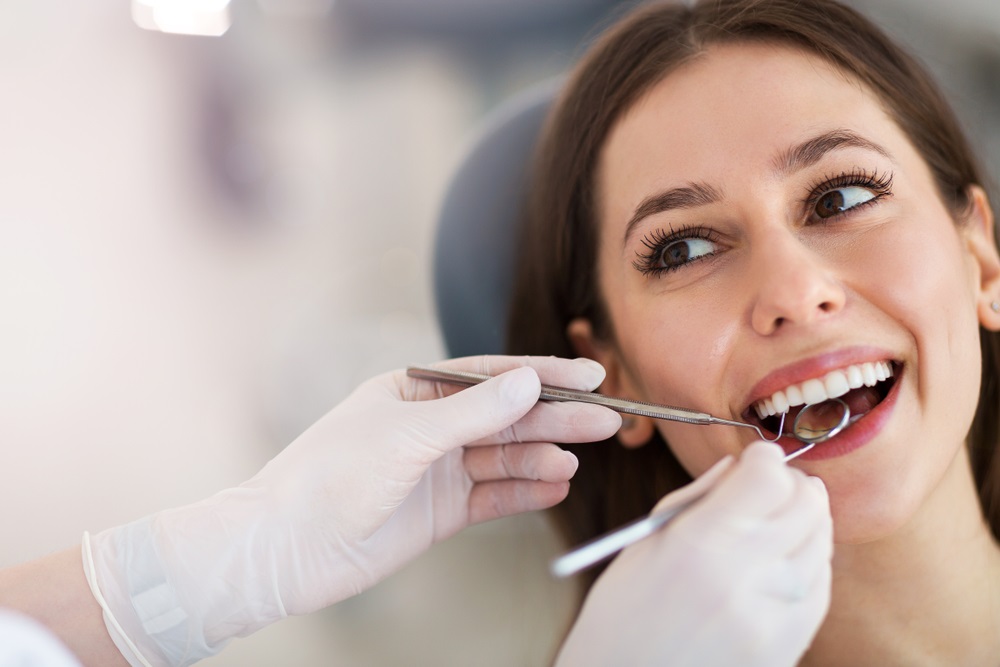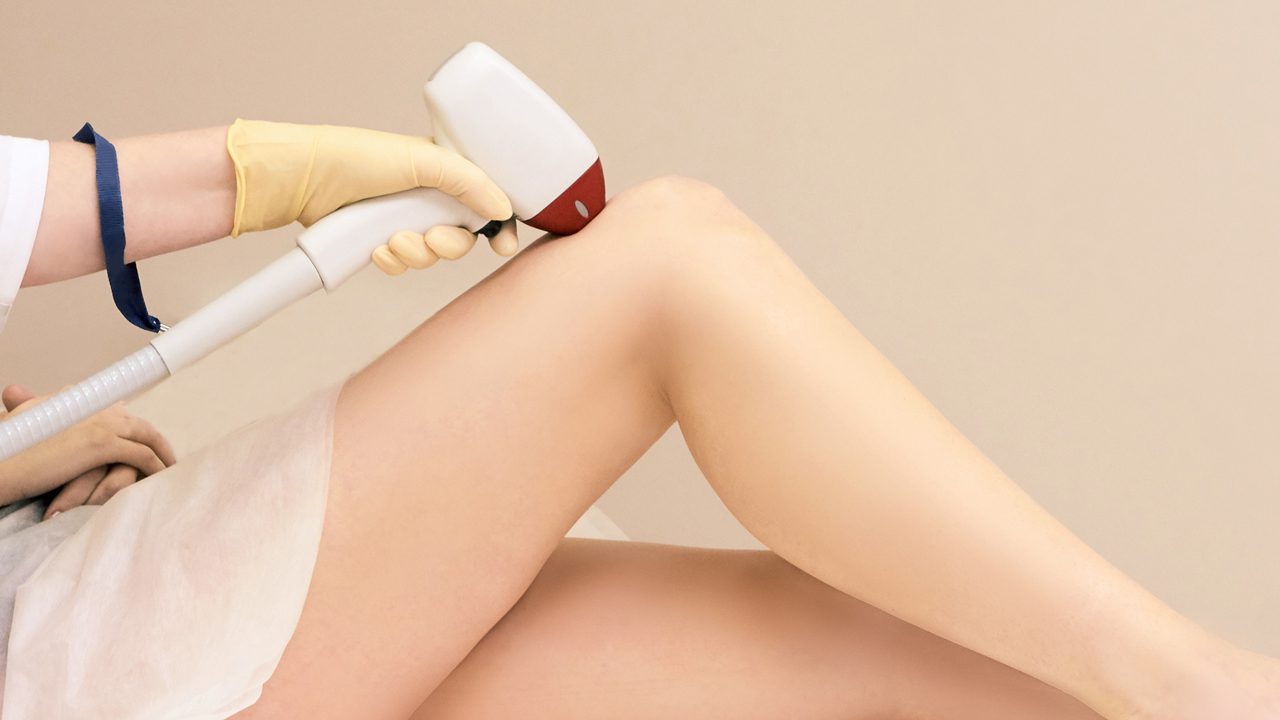The transition into menopause can bring physical and emotional changes that affect comfort and health. While some effects are unavoidable, many lifestyle measures can ease this transition. The people at Liv-Ring.com say that with self-care and healthy habits, women can reduce discomforts, including addressing vaginal comfort during sexual activity using non-hormonal vaginal lubricants, and promote better wellbeing during and after menopause.
Stay Cool and Dry
Body temperature control weakens during menopause. Hot flashes and night sweats often appear. These sensations result from blood vessels dilating near the skin surface. Blood flow increases, making the skin feel hot. Excessive sweating follows. Sleep loss from nighttime hot flashes and sweats also occurs. Finding personal temperature regulation solutions provides relief.
Use Breathable Fabrics
Wear loose, breathable natural fabrics like cotton and linen. They allow heat release and air flow next to the skin. Tighter, thicker fabrics trap heat and moisture. Making small clothing adjustments eases overheating and sweating. Having layers on hand helps adjust personal comfort as body heat fluctuates.
Stay Hydrated
Increased body heat and sweating mean more fluid losses. Drinking extra water prevents dehydration. Herbal teas, juices with no added sugar, or sparkling water with fruit also work. Caffeine and alcohol have mild diuretic effects, making dehydration worse. Limiting intake prevents fluid losses. Tracking hydration levels assures healthy fluid balance is met.
Add Moisture to Indoor Air
Hot and cold flashes combined with sweating often lead to dry skin, nasal passages, throat, and eyes. Adding portable room humidifiers or humidifier attachments for home heating and cooling systems increases moisture in indoor air. This helps ease dry discomforts. Cleaning humidifiers regularly prevents mold growth. Using saline nasal sprays and eye drops also provides moisture without medications if needed.
Exercise Regularly
Replacing declining estrogen levels affects many areas of health during menopause. Establishing or continuing light to moderate exercise habits counteracts negative changes. Weight-bearing activities improve heart health, blood sugar regulation, bone density, and brain function. Most adults need at least 150 minutes of moderate exercise, like fast walking or gentle cycling per week. Breaking activity into 10+ minute segments throughout the day makes goals easier to reach. Checking with a doctor ensures chosen regimens are safe before starting.
Practice Relaxation Techniques
Hormone shifts during menopause make mood changes like anxiety, sadness, anger, and irritability more likely. Learning self-care relaxation skills helps emotional health. Methods like deep breathing, progressive muscle relaxation, imagery, yoga, tai chi, self-massage, or meditation calm the body’s stress response. Taking breaks to actively relax refreshes mental focus. This reduces everyday strain on mind and body. Local classes on relaxation methods are available in many areas.
Consider Hormone Therapy Options
Some women have debilitating menopause symptoms interfering with basic function. Hormone replacement therapy (HRT) relieves severe hot flashes, night sweats, vaginal dryness pain, and sleep disruption that lifestyle measures cannot fix.
For those experiencing vaginal dryness affecting sexual activity, non-hormonal vaginal lubricants can provide relief and improve comfort. Low dose estrogen, often with added progestin, replaces declining hormones from ovaries. Effects continue as long as a woman uses HRT. Stopping restarts menopause symptoms. Breast cancer risk is an important consideration. Each woman evaluates personal risk/benefit factors with their doctor. Weighing quality of life now versus potential health risks later assists the choice to use HRT or not.
Conclusion
While menopause brings many changes, it doesn’t have to negatively impact comfort and overall well-being. Adopting healthy lifestyle habits means successfully navigating this transitional phase. With the right approach, menopause can be an opportunity for personal growth, self-discovery, and embracing a new chapter of life with vitality and confidence.




